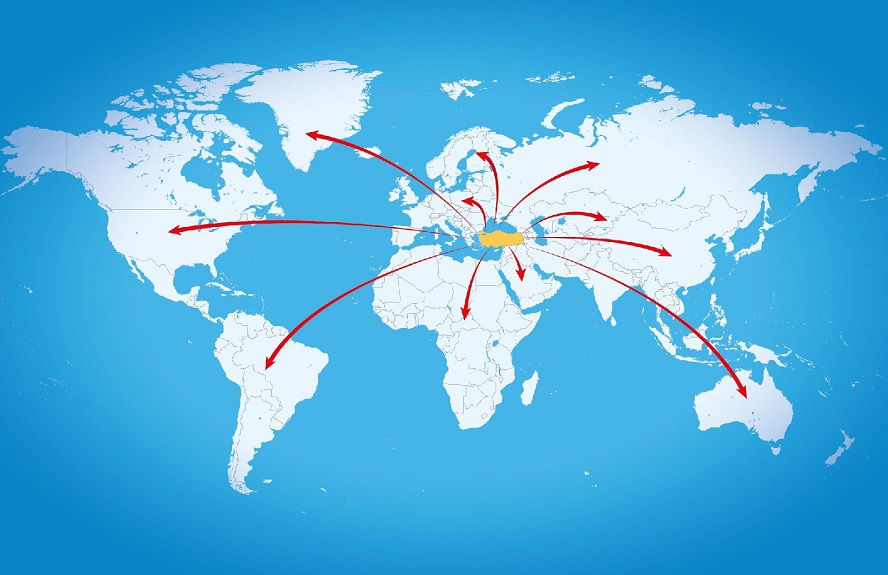About International Trade Regulations and Guidelines
About International Trade Regulations and Guidelines
Various rules and regulations exist in international trade, and they can vary from country to country. Some common fundamental rules in international trade include:
International Trade Agreements: Free trade agreements and trade agreements signed between countries aim to reduce customs duties, remove trade barriers, and promote the liberalization of trade.
World Trade Organization (WTO) Rules: WTO is an international organization that governs world trade. It has rules in place to ensure fair and rules-based trade among its members.
Customs and Import-Export Regulations: Each country has its customs and import-export regulations. These regulations govern how goods and services enter and exit borders, how customs declarations are prepared, and issues related to customs duties and fees.
International Payment Methods: Common payment methods used in international trade include open account, bank transfer, letter of credit, remittance, and secured payment methods. These methods are used to determine payment terms and security for both buyers and sellers.
Trade Documents: Trade documents used in international trade include commercial invoices, packing lists, bill of lading, certificate of origin, and insurance policies. These documents ensure that goods and services are processed correctly at customs and support the payment process.
These are some of the key aspects of international trade regulations and guidelines. It's important for businesses engaged in international trade to understand and comply with these regulations to ensure smooth and successful international trade transactions.




